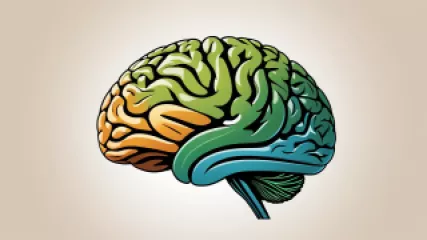Cultivating Mindfulness in Classrooms: Lessons from 'Inside Out'
1 year ago
Mindfulness in Education
How "The Art of Apology" in Film Can Improve Your Own Apology Skills
1 year ago
Art of Apology
The Ultimate Guide to Navigating Academic Pressure
1 year ago
Dealing with Academic Pressure
What are the Benefits of Therapeutic Self-Disclosure for Mental Health?
1 year ago
Therapeutic Self Disclosure
10 Effective Tips to Combat Boredom and Improve Mental Health
1 year ago
Dealing with Boredom
How Can I Boost My Self-Confidence Online?
1 year ago
Overcoming Insecurity
Unlock Emotional Expression: Life Lessons from Iconic Book and Film Characters
1 year ago
Expressing Feelings Effectively
Boost Your Memory: A Step-by-Step Guide to Improving Mind-Body Connection
1 year ago
Memory Improvement
Reaping the Benefits of Nature for Mental Health: A Step-by-Step Guide
1 year ago
Nature And Mental Health
How Laughter Can Boost Your Mental Well-being: A Step-by-Step Guide
1 year ago
Psychology of Laughter
10 Effective Therapies for Seasonal Affective Disorder
1 year ago
Seasonal Affective Disorder
7 Powerful Strategies to Overcome Negative Thinking and Improve Mental Health
1 year ago
Overcoming Negative Thinking
10 Best Media Practices to Minimize the Impact on Children
1 year ago
Child Media Exposure
Overcome Homesickness: A Step-by-Step Guide to Feeling at Home Anywhere
1 year ago
Coping with Homesickness
How I Learned to Handle Criticism and Boost My Confidence
1 year ago
Handling Criticism














